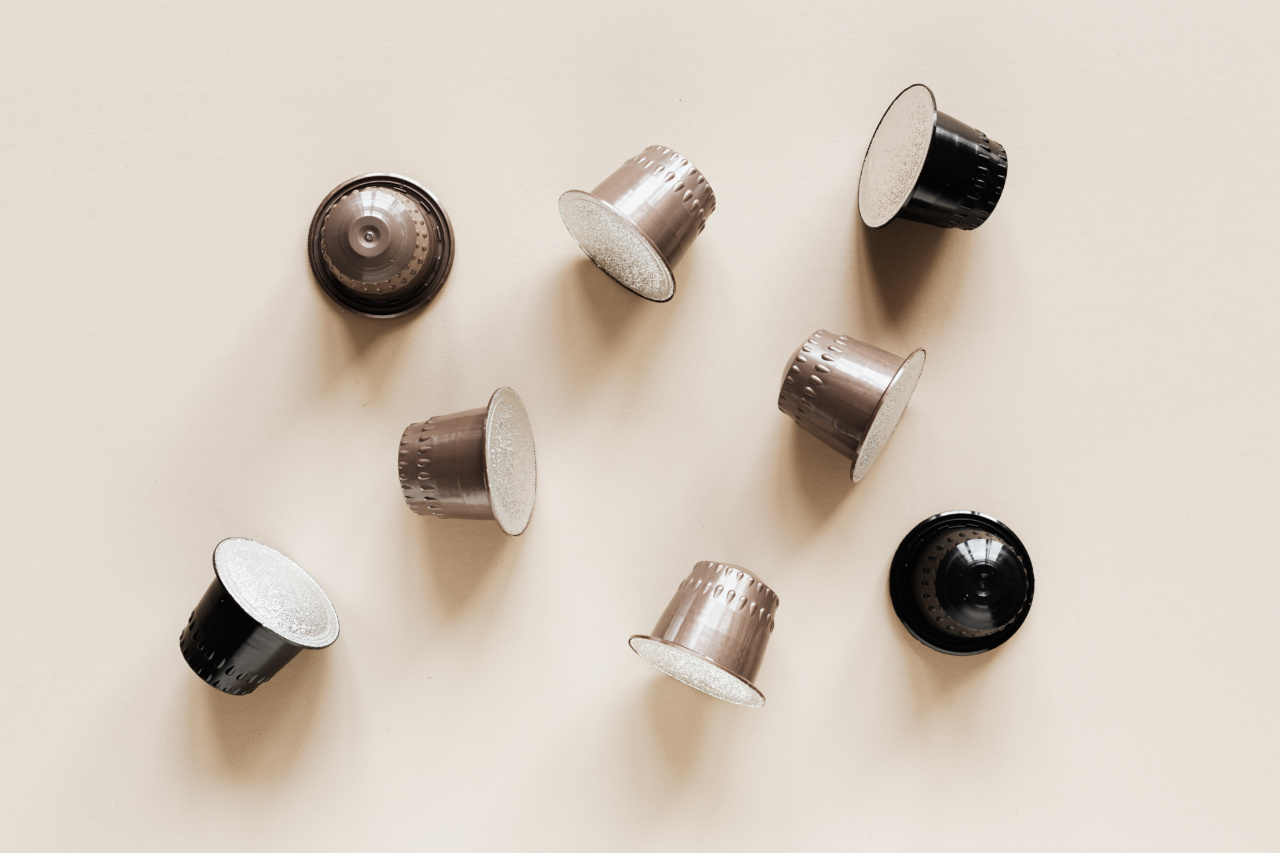Many pregnant women often wonder if it is safe to consume their daily cup (or cups) of coffee during pregnancy. Coffee is a popular beverage that contains caffeine, a stimulant that can pass through the placenta and reach the fetus.
While moderate caffeine intake has been deemed safe for most pregnant women, it is essential to understand the potential risks and recommended limits to ensure a healthy pregnancy. In this article, we will discuss the effects of caffeine on pregnancy and provide guidance on the appropriate amount of coffee to drink while expecting.
The effects of caffeine on pregnancy
Caffeine is a natural stimulant found in various food and drinks, including coffee, tea, chocolate, energy drinks, and soft drinks. When consumed, caffeine is rapidly absorbed into the bloodstream and crosses the placenta, reaching the developing fetus.
Unlike adults, the metabolism of caffeine in fetuses is significantly slower, leading to an increased exposure and potential accumulation of caffeine in their tiny bodies.
High levels of caffeine consumption during pregnancy have been associated with an increased risk of various complications such as:.
1. Miscarriage
Studies have shown a potential link between high caffeine intake and an increased risk of miscarriage, especially in the first trimester.
The chances of miscarriage seem to rise with higher caffeine consumption, making it crucial to limit caffeine intake during this critical period of fetal development.
2. Premature birth
Consuming excessive amounts of caffeine during pregnancy has been associated with a higher risk of premature birth. Premature babies may face numerous challenges with their overall development and often require additional medical attention to thrive.
3. Low birth weight
Babies born to mothers who consume high levels of caffeine during pregnancy are more likely to have a lower birth weight.
Low birth weight is associated with an increased risk of health issues in newborns, including developmental delays and a weakened immune system.
4. Increased heart rate and blood pressure
Caffeine consumption can impact the cardiovascular system, leading to an increased heart rate and elevated blood pressure in both the mother and fetus.
These changes can be particularly concerning for pregnant women with pre-existing heart conditions or hypertension.
5. Impaired fetal growth and development
Studies suggest that high caffeine intake during pregnancy can interfere with fetal growth and development. Caffeine has been shown to restrict blood flow to the placenta, potentially limiting the delivery of oxygen and vital nutrients to the fetus.
The recommended caffeine intake during pregnancy
Given the potential risks associated with caffeine consumption during pregnancy, healthcare professionals often advise pregnant women to limit their intake.
The American College of Obstetricians and Gynecologists (ACOG) suggests that pregnant women should consume no more than 200 milligrams (mg) of caffeine per day.
It is important to note that not all beverages or foods contain the same amount of caffeine. Here are the approximate caffeine content values for some common sources:.
1. Coffee
– 8 ounces (240 ml) of brewed coffee: 95-200 mg – 8 ounces (240 ml) of instant coffee: 27-173 mg – 1 shot of espresso: 63-85 mg2. Tea
– 8 ounces (240 ml) of brewed black tea: 25-48 mg – 8 ounces (240 ml) of green tea: 25-29 mg3. Soft drinks
– 12 ounces (355 ml) of cola: 29-46 mg – 12 ounces (355 ml) of energy drink: 70-160 mg4. Chocolate
– 1 ounce (28 grams) of milk chocolate: 1-15 mg – 1 ounce (28 grams) of dark chocolate: 5-35 mgTips for reducing caffeine intake
If you are concerned about your caffeine intake during pregnancy and wish to reduce or eliminate it, here are some strategies:.
1. Opt for decaffeinated alternatives
Consider switching to decaffeinated coffee or tea options to enjoy the taste without the caffeine.
Keep in mind that some decaffeinated beverages may still contain a small amount of caffeine, so check the labels or ask your barista or supplier for precise information.
2. Substitute with herbal teas
Herbal teas, such as chamomile or mint, can provide a flavorful and caffeine-free alternative to satisfy your cravings without the stimulating effects of caffeine.
3. Limit other caffeine-containing beverages and foods
Be mindful of the caffeine content in other beverages and foods such as soft drinks, energy drinks, and chocolate. Consider reducing or eliminating these items from your diet to minimize overall caffeine intake.
4. Gradually reduce caffeine consumption
If you are accustomed to consuming a high amount of caffeine, try gradually decreasing your intake over time. Sudden caffeine withdrawal can cause unpleasant symptoms like headaches, so tapering off slowly may be more manageable.
5. Stay hydrated
Replace caffeinated drinks with water or other safe and hydrating options. Staying adequately hydrated is important for both you and your baby’s health.
Conclusion
Moderate caffeine consumption is generally considered safe for most pregnant women. However, it is recommended to limit caffeine intake to 200 mg per day to minimize potential risks to the developing fetus.
Understanding the approximate caffeine content in different beverages and foods can help you make informed decisions about your caffeine intake during pregnancy. If you have any concerns or questions, consult with your healthcare provider, who can offer personalized guidance based on your specific circumstances.






























